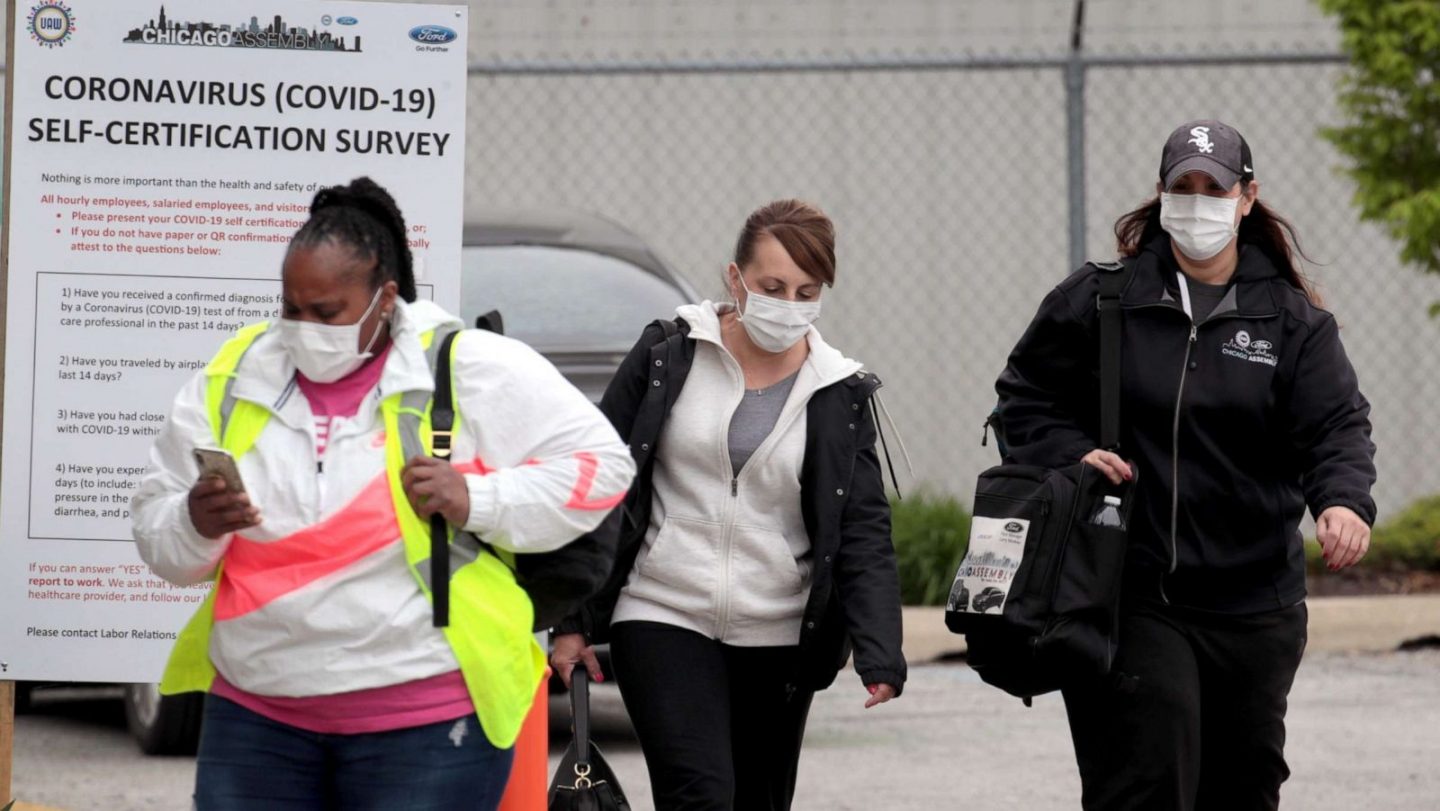The COVID-19 pandemic has created an array of employment law issues related to workplace safety, accommodation, and wage and hour issues. As experts warn of an influx of infections during the winter season, it is important for employees to remember these five elements while reporting to work:
- Workplace Safety
Be sure that your employer is maintaining a safe and healthy work environment. To minimize the risk of exposure to its employees, employers should be following the CDC’s guidelines, OSHA Guidelines and California State guidelines where available. Employees should watch for whether their employer has provided safety training, as well as appropriate personal protective equipment (PPE). Employers should also be initiating workplace temperature-taking.
- Salary Issues
As many employees have resorted to teleworking, employers must ensure that hourly and nonexempt employees’ hours are being recorded, including time taken for working after normal business hours. This includes menial tasks like answering a phone call or responding to an email. Break times should still be implemented. Even when working from home, child labor laws are still in effect and employers must remain cognizant of restrictions on the hours a minor can work.
- Accommodations for High-Risk Workers
Employees with underlying conditions that make them more vulnerable to COVID-19 may be covered by the Americans with Disabilities Act (ADA). Employers are required by law to engage in the interactive process for determining whether a reasonable accommodation such as PPE, teleworking or even a leave of absence is appropriate. An employer is subject to liability if they decline to engage in the interactive process or refuse to reasonably accommodate their employees.
- Compliance with FFCRA
The Families First Coronavirus Response Act (FFCRA) went into effect April 1, 2019 and requires employers to provide two weeks’ paid leave to employees who need to take time off because of an actual or potential illness related to COVID-19, to care for ill or quarantined family members due to COVID-19 exposure, or to care for children who are home because of school or care provider closures due to the pandemic. The new law further requires employers to provide employees up to 12 weeks leave, with 10 weeks paid, to employees who have to take time off to care for children due to school or day care closure. Employers cannot force employees to exhaust their personal accrued leave before offering leave under FFCRA
The Department of Labor regularly updates their website with new regulations and important information for requesting FFCRA leave. Employees have raised concerns about retaliation after requesting leave under FFCRA. If an employee feels they have been retaliated against for requesting leave, they should first visit the Department of Labor’s website to see if the leave applies to their situation. If so, the employment should contact an attorney specializing in employment law.
- Working from Home
Employees working from home are still covered by Workers’ Compensation if they suffer repetitive stress injuries from attempting to work in ways that are not ergonomically correct. If employees are working from home using their own devices and their own cell phone plans and internet service, employers may want to consider reimbursing them for part or all of those costs. To protect the employer’s computer system and data employers should consider providing the computers and cell phones that their employees use, so they can install the necessary safety measures.
